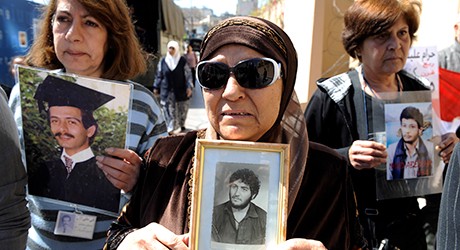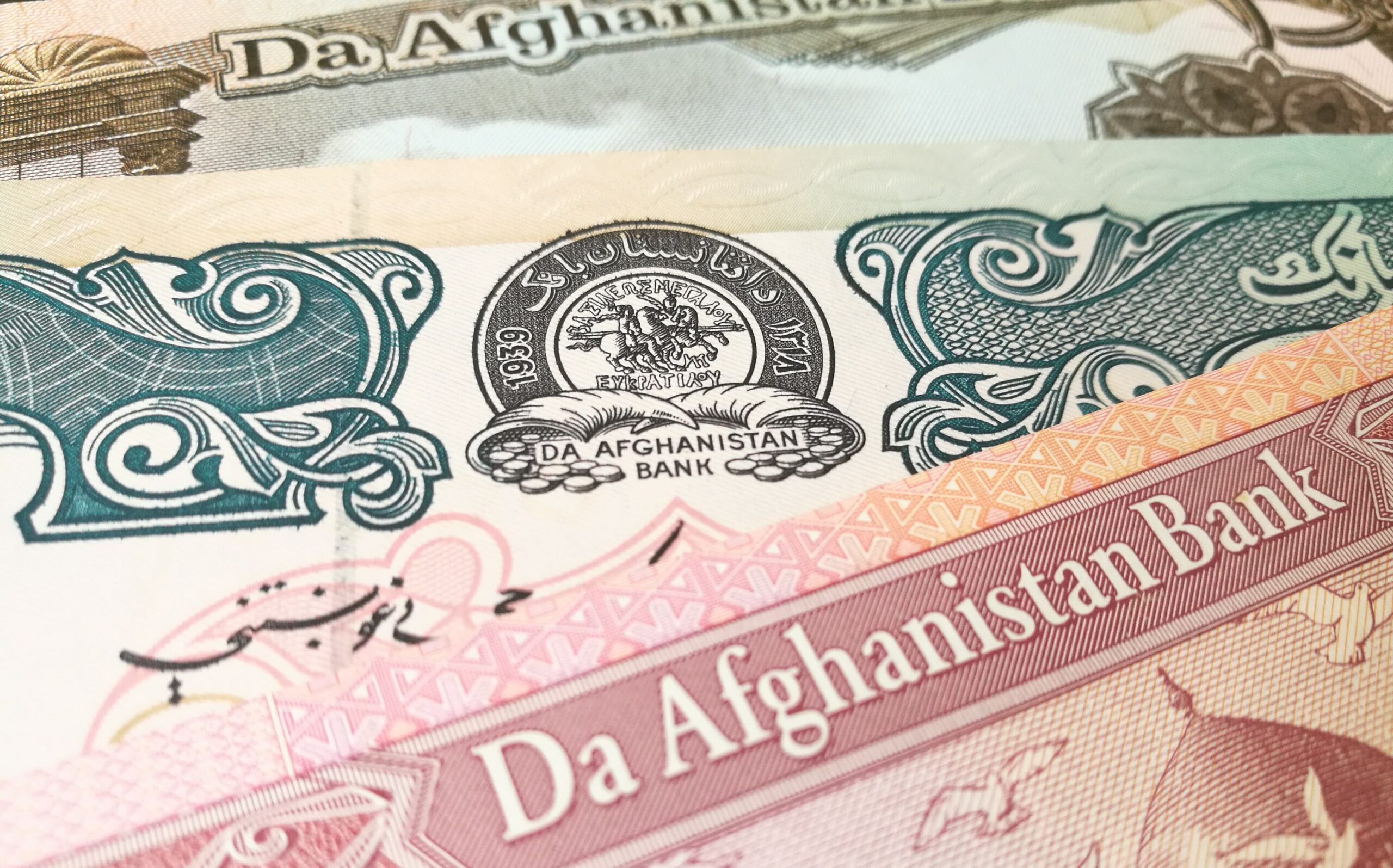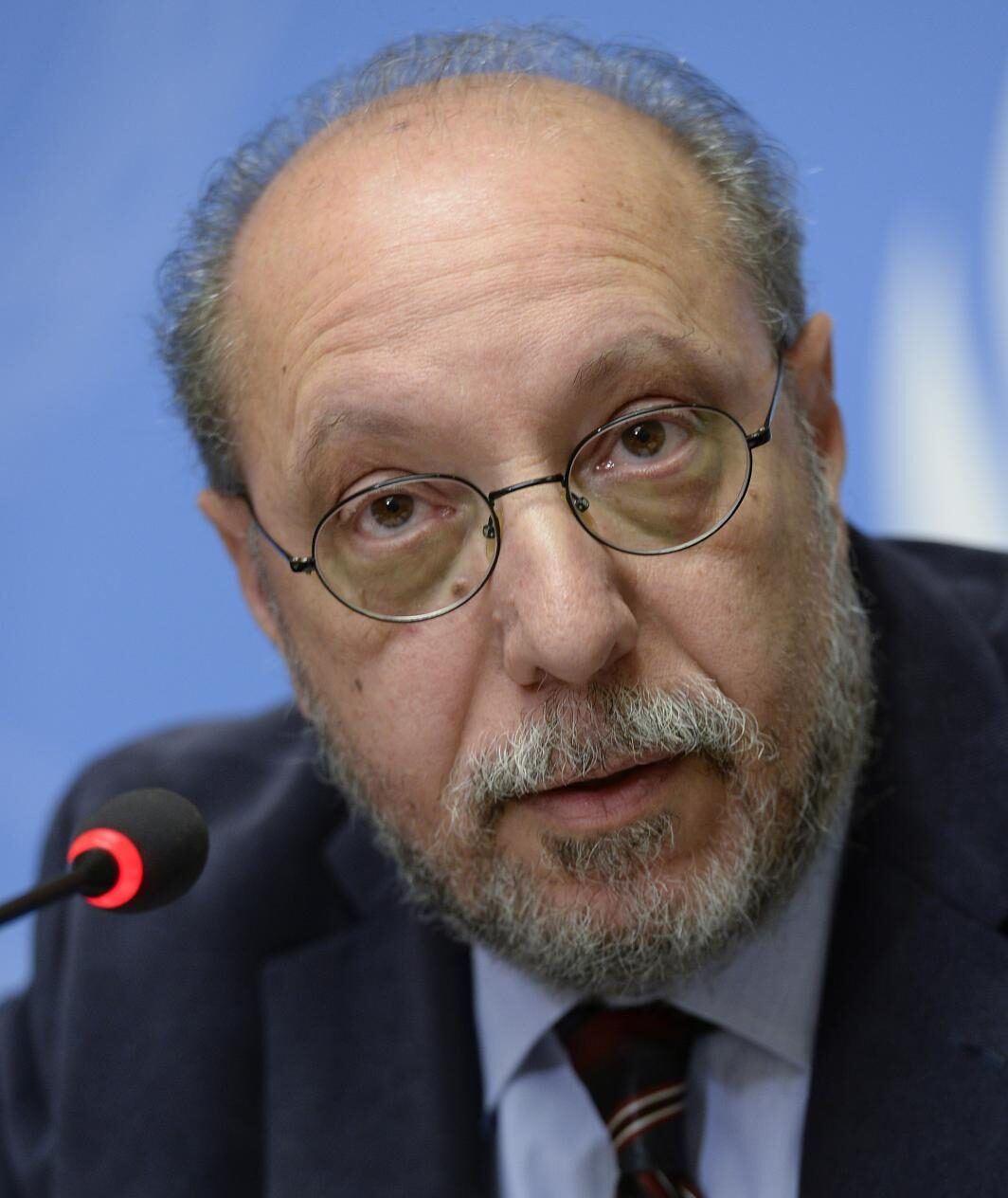
Array
(
[thumbnail] => https://s42831.pcdn.co/wp-content/uploads/2022/09/hero-placeholder-150x150.png
[thumbnail-width] => 150
[thumbnail-height] => 150
[medium] => https://s42831.pcdn.co/wp-content/uploads/2022/09/hero-placeholder-300x129.png
[medium-width] => 300
[medium-height] => 129
[medium_large] => https://s42831.pcdn.co/wp-content/uploads/2022/09/hero-placeholder-768x329.png
[medium_large-width] => 768
[medium_large-height] => 329
[large] => https://s42831.pcdn.co/wp-content/uploads/2022/09/hero-placeholder-1024x439.png
[large-width] => 1024
[large-height] => 439
[1536x1536] => https://s42831.pcdn.co/wp-content/uploads/2022/09/hero-placeholder.png
[1536x1536-width] => 1400
[1536x1536-height] => 600
[2048x2048] => https://s42831.pcdn.co/wp-content/uploads/2022/09/hero-placeholder.png
[2048x2048-width] => 1400
[2048x2048-height] => 600
[gform-image-choice-sm] => https://s42831.pcdn.co/wp-content/uploads/2022/09/hero-placeholder.png
[gform-image-choice-sm-width] => 300
[gform-image-choice-sm-height] => 129
[gform-image-choice-md] => https://s42831.pcdn.co/wp-content/uploads/2022/09/hero-placeholder.png
[gform-image-choice-md-width] => 400
[gform-image-choice-md-height] => 171
[gform-image-choice-lg] => https://s42831.pcdn.co/wp-content/uploads/2022/09/hero-placeholder.png
[gform-image-choice-lg-width] => 600
[gform-image-choice-lg-height] => 257
)
What Could Victim-Centered Justice Look Like in Syria?
We have all been watching the carnage in Syria for seven years now. As the UN Commission of Inquiry on Syria, we have also been gathering and analyzing evidence, condemning violations and identifying guilty parties.
We are calling for justice.
But what does justice, outlined in Sustainable Development Goal 16, look like in a context like Syria?
Of course, we call for criminal punishment for perpetrators, to both deter others from following in their footsteps and to protect victims. Perpetrators on all sides in Syria have acted with impunity and total disregard for civilian lives. Referral of Syria to the International Criminal Court remains blocked at the Security Council. We commend the UN General Assembly’s creation of the International, Impartial and Independent Mechanism (IIIM) to vigorously pursue accountability through the courts, including through universal and other jurisdictions.
However, we are also calling for a victim-centered model of justice, one that goes broader than criminal accountability. I believe we have done victims a great injustice by ignoring their justice-based needs and demands. Let me give two practical examples.
“We are calling for a victim-centered model of justice”
(1) Families looking for information on the hundreds of thousands of detained or missing loved ones — a staggering number of them held in secret detention centers run by both state and armed groups — have a right to the truth about what has happened to them. Parties to the conflict should:
- Grant access to independent monitors, such as the International Committee of the Red Cross, to all places of detention in Syria. Experience has shown that detainees are most vulnerable to ill-treatment, torture, disappearance or death in custody when they are held incommunicado without access to family, legal representation or judicial oversight. Regular access by independent monitors is essential and long overdue. Preventing it is inexcusable.
- Make available the names and whereabouts of all those detained so families know where their missing relatives are being held. In time there will need to be a process for identifying who is no longer detained or alive.
- Release those most vulnerable in all places of detention — children, women, the elderly, and disabled.

(2) Many of the 11 million displaced (internally displaced people and refugees) need protection if they are going to be able to return in safety and dignity to their homes. They risk losing their property through destruction, confiscation or missing property documents; as well as their very identities through unregistered births, marriages and deaths. In some cases, legislation is being drafted that could prevent people who had fled from returning to their homes or regions of origin.
Enable the registration of births (SDG 16.9), wherever they take place, and give access to everybody to gain/regain their legal identities through simplified registration mechanisms at the local and community levels. Legal and recognizable identity is crucial for most fundamental rights.
Ensure revisions and reforms to the existing legal framework guarantee the rights to ownership, possession and security of tenure of the civilians who left their homes under threat or out of necessity.
There will come a time in the future, once the conflict has ended, when we will speak of individual accountability and reparations by the Syrian state for harm done. When this time comes, information that has been compiled over the past seven years by courageous Syrian individuals, groups inside Syria, and independent mechanisms like the UN Commission of Inquiry on Syria will be essential to help achieve justice for survivors. When UN agencies, major donor states and regional organizations come to assist in rebuilding and reconstructing the country, I implore them to apply a victim-centered model of justice to ensure a more peaceful, just and inclusive society.
Hanny Megally is a Senior Fellow at New York University’s Center on International Cooperation and a Commissioner on the UN Commission of Inquiry on Syria.
More Resources
-
-

The New Afghan Fund and Engagement with the Taliban
Paul Fishstein
Stay Connected
Subscribe to our newsletter and receive regular updates on our latest events, analysis, and resources.
"*" indicates required fields
